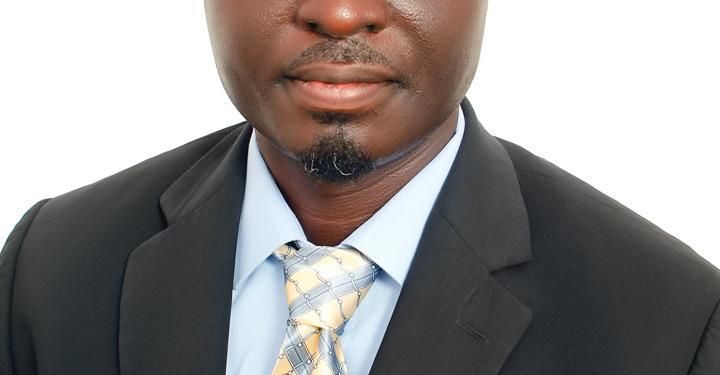Unveiling the Power of Islamic Finance: A Business Model for Ghana’s Development
Islamic Finance, often mistaken for a religious alternative to conventional banking, is in fact a powerful economic model built on ethical, profit-sharing principles. Across the globe, countries like the United Arab Emirates (UAE) and the United Kingdom (UK) have embraced this system, not for religious reasons, but because of its practical ability to fund large-scale infrastructure and fuel national development. For Ghana, where access to diversified finance remains a major constraint, Islamic Finance presents a timely and effective alternative that can drive progress across multiple sectors, from tourism to energy, aviation to healthcare.
At the heart of Islamic Finance is a model that avoids interest and speculative investments, instead promoting risk-sharing, asset-backing, and ethical contracts. Financing is structured through modes such as Murabaha (cost-plus sale), Ijara (leasing), Mudarabah (profit-sharing), Musharakah (joint venture), and Sukuk (Islamic bonds). These instruments allow banks and investors to partner with businesses or governments, sharing both risks and profits. Unlike conventional debt systems, which impose interest regardless of project success or failure, Islamic Finance ensures that all parties are equally invested in the outcome of the project. This builds discipline, transparency, and accountability, qualities every emerging economy needs.
The United Arab Emirates stands as a global symbol of how Islamic Finance can transform a desert economy into a global tourism and investment hub. Dubai and Abu Dhabi have used Sukuk (Islamic bonds) extensively to finance luxury resorts, global shopping malls, and world-class airports. The iconic Burj Khalifa, Dubai Metro, and the expansion of Emirates Airlines were all backed by Shari’ah-compliant financing. Islamic Finance was not just a cultural fit for the UAE, it was a practical funding solution that attracted billions in foreign capital from across the Middle East and Asia, without compromising fiscal stability.
In the healthcare sector, the UAE has financed hospitals and clinics using Ijara and Istisna contracts, allowing investors to lease medical facilities to the government or private operators, sharing revenue over time. In the energy sector, Islamic Finance was used to develop both conventional and renewable power projects through partnership models that lowered upfront public debt and attracted long-term private capital.
Surprisingly to many, the United Kingdom, despite being a Christian-majority country, has also become a leader in Islamic Finance. Recognizing its economic potential, the UK government issued its first sovereign Sukuk in 2014, raising hundreds of millions of pounds to fund infrastructure. London is now home to several Islamic banks and is a major hub for Shari’ah-compliant investment. The UK has used Islamic Finance to attract global investment into its real estate, hospitality, and energy sectors. Hotels, shopping complexes, and even student housing projects have been financed using Islamic models, proving that Islamic Finance is not about religion, it’s about results.
For Ghana, this model can be a game-changer. The tourism sector, which holds untapped potential, can attract ethical capital from the Gulf region through Sukuk to finance eco-resorts, cultural heritage centers, and airport expansions. In healthcare, Ghana can build regional medical hubs using Ijara models, where infrastructure is leased and operated through public-private agreements. Aviation, a struggling sector in many African economies, can be revitalized through joint venture and leasing agreements that align the interests of government and private operators. And in the energy sector, both on-grid and off-grid projects, especially in renewables, can benefit from Islamic financing that emphasizes shared responsibility and long-term stability.
More importantly, Islamic Finance can help Ghana reduce its dependence on interest-heavy loans that deepen national debt. It opens a door to new investment from Islamic Development Bank member countries, sovereign wealth funds in the Gulf, and ethical investors around the world looking for stable, transparent, and value-driven opportunities.
Ghana’s legal framework, particularly the Banking Act of 2016 (Act 930), already permits such financial models. The Bank of Ghana has shown openness by engaging with stakeholders and forming expert advisory bodies to regulate and guide Islamic Finance practices. What is needed now is public education, political will, and strategic partnerships to mainstream this alternative model.
In summary, Islamic Finance is not a religious experiment, it is a tested, scalable, and inclusive business model that promotes partnership over debt, shared growth over exploitation. As the UAE and UK have shown, its power lies in its flexibility and ethics. For Ghana, the time is ripe to embrace Islamic Finance not as an alternative, but as a core pillar in its national development strategy.







